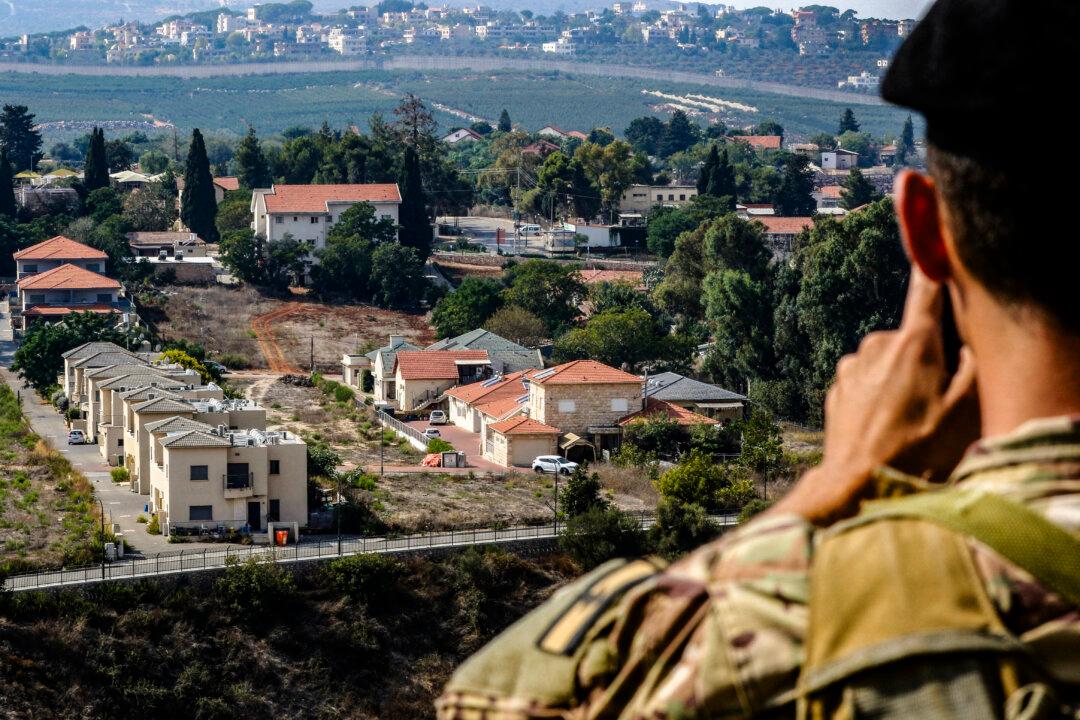Prime Minister Justin Trudeau is urging Israel’s president to avoid accelerating the conflict with Lebanese Hezbollah, citing concern for civilians already at risk from the Islamist terrorist group’s rockets.
In a July 4 call with President of Israel Isaac Herzog, Mr. Trudeau “voiced Canada’s concerns over further escalation along Israel’s northern border, which Hezbollah continues to bombard with rockets,” according to a readout provided by his office.
Israel’s northern border with Lebanon has remained under pressure due to regular skirmishes with Hezbollah since the Oct. 7, 2023, terrorist attack by the terrorist group’s ally Hamas. Hostilities have intensified recently, however.Israel has killed commanders of Hezbollah inside Lebanon, which prompted the group to respond with a bombardment of rockets and drones.





